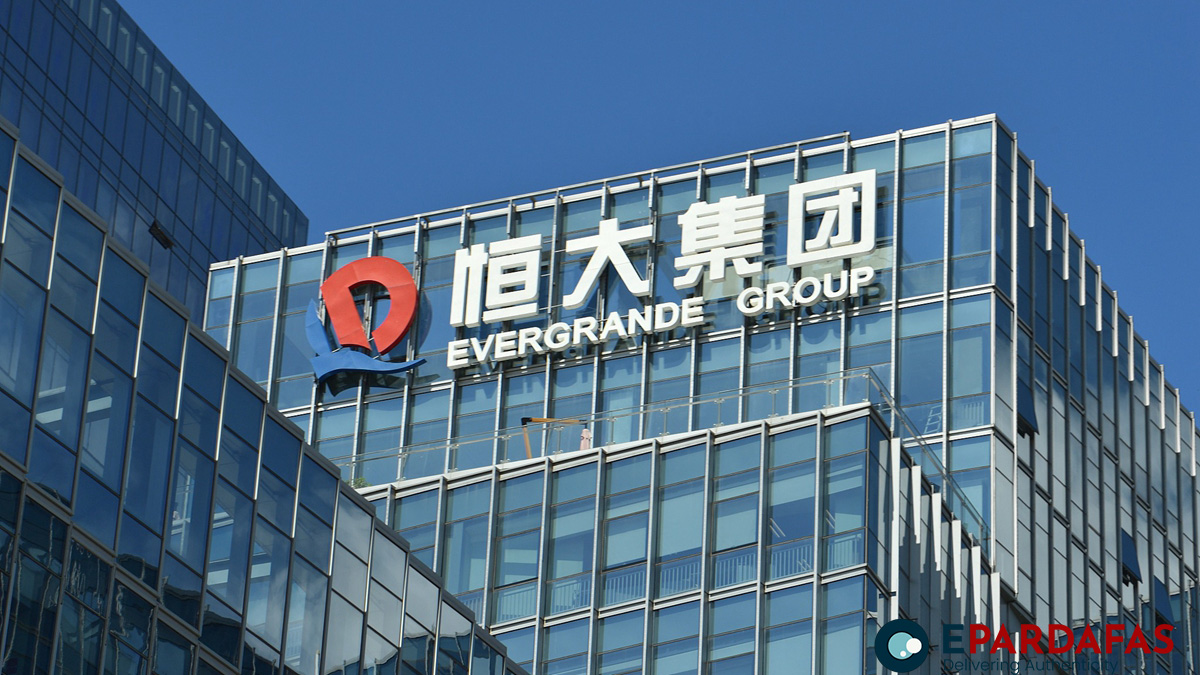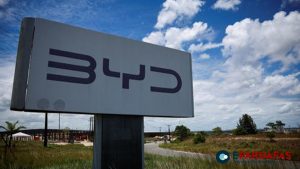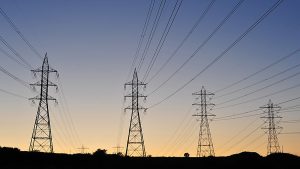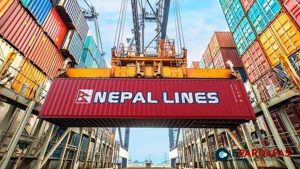
Evergrande Agrees to Sell Downtown Shanghai Stake to State Bank Partner

Embattled China Evergrande Group has agreed to sell its stake in a development project in downtown Shanghai to the country’s midsize state-owned lender China Everbright Group.
This marks another asset disposal, this time in a prime location in a top-tier city, by the country’s leading cash-strapped developer, which barely evaded another court decision in Hong Kong to be liquidated early this month.
In a late-night disclosure to the Hong Kong Exchange on Thursday, Evergrande said its core domestic developer unit Hengda Real Estate Group has agreed to sell its 30% stake in a joint venture to China Everbright Xinglong Trust, controlled by Everbright Group.
Since the remaining 70% of the JV stake is held by Shanghai Genchen Information Technology Partnership, which is 99.94% owned by Everbright Group, the project will virtually be under the control of the state financial group.
The joint venture is part of the Shanghai North Bund Project, which is a grand development scheme promoted by the local authorities in central Shanghai. According to Hongkou District of Shanghai City, the overall project covers a total land area of 0.8 sq. kilometers and a development area of 8.4 sq. kilometers, which lies on the northeast of the Bund, in a waterfront region facing the Huangpu River.
The joint venture is responsible for a zone with a land area of 12,545 sq. meters, where a commercial and residential complex with a total constructed area of 45,000 sq. meters is planned to be built. The zone includes about 5,600 sq. meters of historical buildings from the Qing Dynasty that require special preservation, protection and renovation to be done in harmony with the surrounding space.
Evergrande purchased the land rights in December 2020, through a public auction, outbidding Poly Developments and Holdings Group, a state-owned developer with a military background, after 38 rounds of bidding, for a total price of 2.295 billion yuan ($324 million in present value).
However, according to the Thursday night filing, the development has been suspended and no rental income has been generated from the project so far.
The sale price to Everbright Group is 663.15 million yuan ($93.5 million). This is about a 4% discount from the 30% portion that Evergrande owns at this point. The company will be recording a loss of approximately 55 million yuan through this transaction.
Evergrande’s president and executive director Siu Shawn said in the Thursday night filing that the company is facing a “liquidity issue” which has “adversely affected the development and progress” of its projects. The company admitted that the joint venture project was no exception, and it has been “idle for a long time.” The local authorities have issued a notice to the company to investigate idle land which could end up in administrative penalties and a possible resumption.
The disposal of the project was meant to avoid any sort of punitive actions and bring in much needed cash to the group in order to “provide funds for use in the guaranteed delivery of properties,” according to Siu.
The consideration through this transaction is dwarfed by the size of the overall liabilities the group owes.
Hengda has unpaid debts of 301.36 billion yuan and overdue commercial bills of 205.93 billion yuan, while it carries a total of 2,002 pending litigations with value of over 30 million yuan each, which adds up to 470.75 billion yuan, all as of the end of October.
While repayment of debts is obligatory, the Chinese government places high emphasis on completing and delivering contracted but unfinished housing projects due to social stability concerns.
Satoru Shibata, a veteran Japanese financial bureaucrat and a China economy expert, told reporters on Thursday that “the top priority for those distressed Chinese developers is to make sure they complete the housing projects and deliver them.” He believes any company that is virtually insolvent like Evergrande is being kept afloat to serve this socially important purpose.












Comments